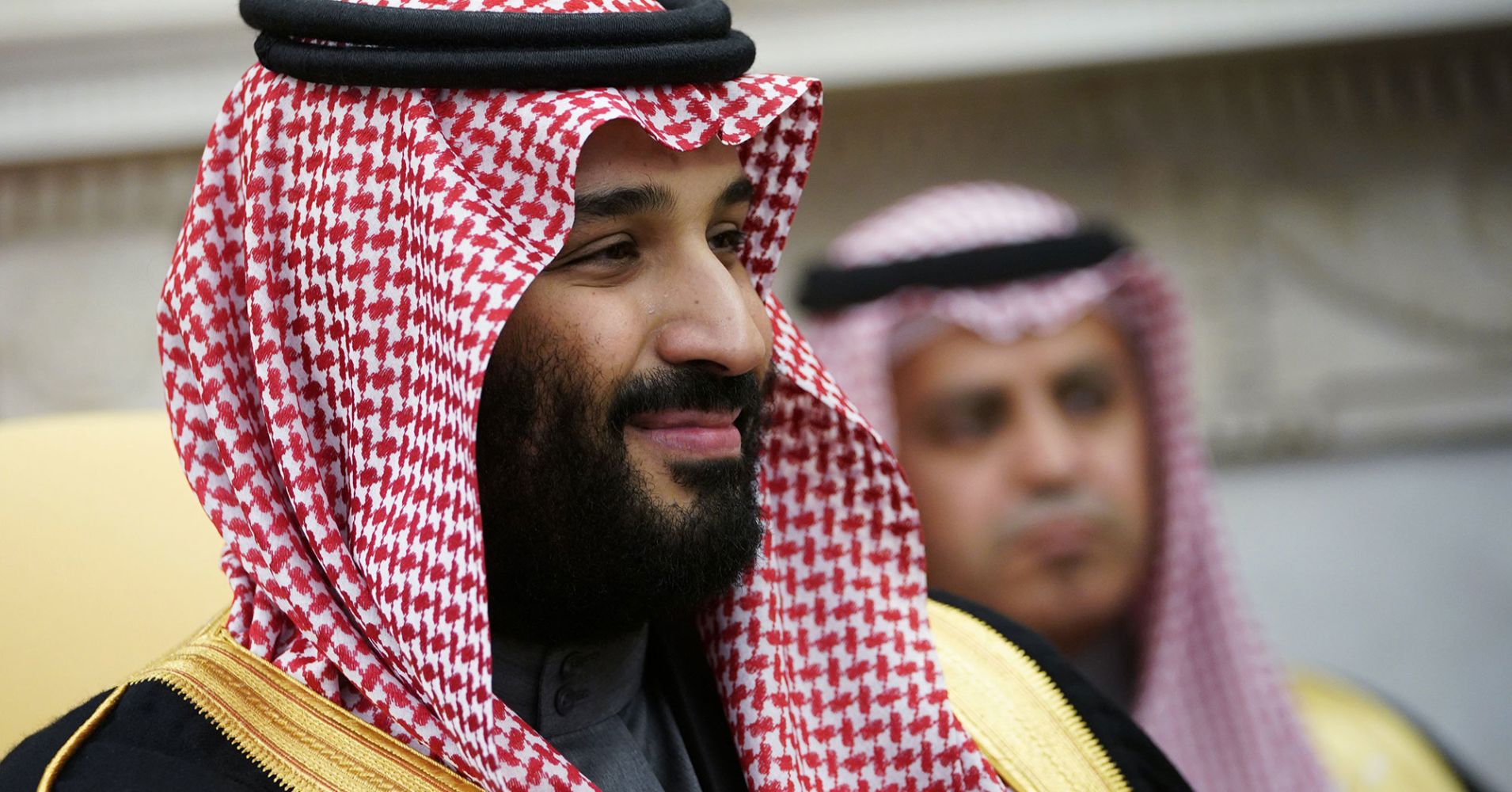
As Washington wrestled this week with the disappearance and possible murder of the Saudi Arabian journalist-in-exile Jamal Khashoggi, South Carolina GOP Senator Lindsay Graham said enough is enough.
“The one thing I’ve learned from John McCain above all else is that, in moments like this, you have to embrace your values,” Graham, told reporters Thursday, referencing the deceased Arizona Republican who cultivated an image as an independent minded legislator. “No more transactional interactions.”
The comments from Graham marked a rhetorical turnaround for the senator. Just a year ago, Graham helped scuttle a bill that would have blocked the sale of about $500 million in American weapons to Saudi Arabia. Graham and McCain, who passed away in August due to brain cancer, had publicly supported Saudi Arabia’s controversial campaign in Yemen that sparked the outcry over U.S. arms sales to the country.
Graham’s dramatic plea points to a potentially devastating problem for Saudi Arabia, a country whose young crown prince, Mohammed Bin Salman, has been heralded as a visionary reformist leader. On Wednesday, nearly two dozen lawmakers demanded that the Trump administration investigate the circumstances of Khashoggi’s death.
Under Bin Salman, the country has spent heavily to promote that image, which dovetails with a decades-long effort. The country has quietly built an army of consultants in Washington to ensure that the kingdom’s goals are not blocked in America’s corridors of power.
Indeed, the Republican senator, who sits on the Senate’s influential Armed Services and Appropriations Committees, has been at the very center of Saudi Arabia’s sprawling, multi-million dollar influence campaign in Washington.
Last year, as Saudi Arabia’s lobbying arm made more than 2,500 individual contacts with American lawmakers, Graham was the single-most contacted, according to forthcoming research from Ben Freeman, the director of the Foreign Influence Transparency Initiative at the Center for International Policy.
The country doled out more than $100 million to consultants and public relations firms in the decade after September 11, in order to bolster its public reputation, according to a 2010 book by Mitchell Bard.
That effort that has ramped up since Trump’s election in 2016, and has continued to today, with the country hiring two more American firms just last month. Public records show the country has spent more than $23 million on its D.C. lobbying efforts since last year — a fraction of the amount that could be spent outside of channels that must be disclosed by law, experts say.
Now, after the disappearance of Khashoggi, the question has become: Can any amount of money protect Saudi Arabia’s careful image building?
While the war in Yemen, or the specter of businessmen locked away in a Riyadh Ritz Carlton, have sparked public outcry, no issue has been as relatable as the case of Khashoggi, the Center for International Policy’s Freeman said.
“I think from what I’ve heard this story has certainly broken through, and touched people who might not have been aware of everything that was happening in Yemen,” said Lydia Dennett, who researches foreign influence for the nonpartisan watchdog Project On Government Oversight.
“With Jamal, we get this heartbreaking story,” Freeman said. “He was making wedding plans. He was just hoping to get some paperwork so these two lovers could happily get married. And he just doesn’t come out, and she is waiting there for him.”
The fallout from Kashoggi’s disappearance has been unlike previous criticism of the Saudi government. A number of media organizations, including The New York Times and CNBC, have dropped out of an investment conference scheduled to take place in Riyadh later this month.
Even one of Saudi Arabia’s lobbying firms in the U.S., the Harbour Group, terminated its $80,000 a month contract with the country.
Freeman said that countries seeking to hire American lobbying firms generally have to pay increased rates if they could pose a problem for the company’s reputation.
Saudi Arabia, he said, was already paying that premium before Khashoggi disappeared, largely because of its actions in Yemen, where more than 1,200 children have been killed since 2015, according to UN figures.
“There is a correlation with the value of the contract and the terribleness of the government on the other end of that contract,” Freeman said. “There reaches a point where that cost benefit analysis, there is not an amount of money that a foreign government could pay these firms, that it would justify this reputational hit.”
There is precedent for such a scenario, in which lobbying firms simply abandon ship. By the end of the reign of Muammar Gaddafi, for example, few lobbying outfits were willing to work on behalf of the Libyan government. In 2011, zero Washington lobbying shops publicly admitted to holding such a contract.
Lobbying firms are notorious for keeping their cards close to their chest, and it will not be possible to determine for months whether any other contracts have been cancelled, unless the companies issue statements. But the outcry on Capitol Hill suggests that even if the firms continue their work, it will prove difficult.
Asked for comment on Friday, a spokesperson for Graham pointed CNBC to remarks Graham made on CNN earlier this week. Graham was asked whether he agreed with President Donald Trump, who said that blocking arms sales to Saudi Arabia would be a “tough pill to swallow.”
“Everything would be on the table,” Graham said.

